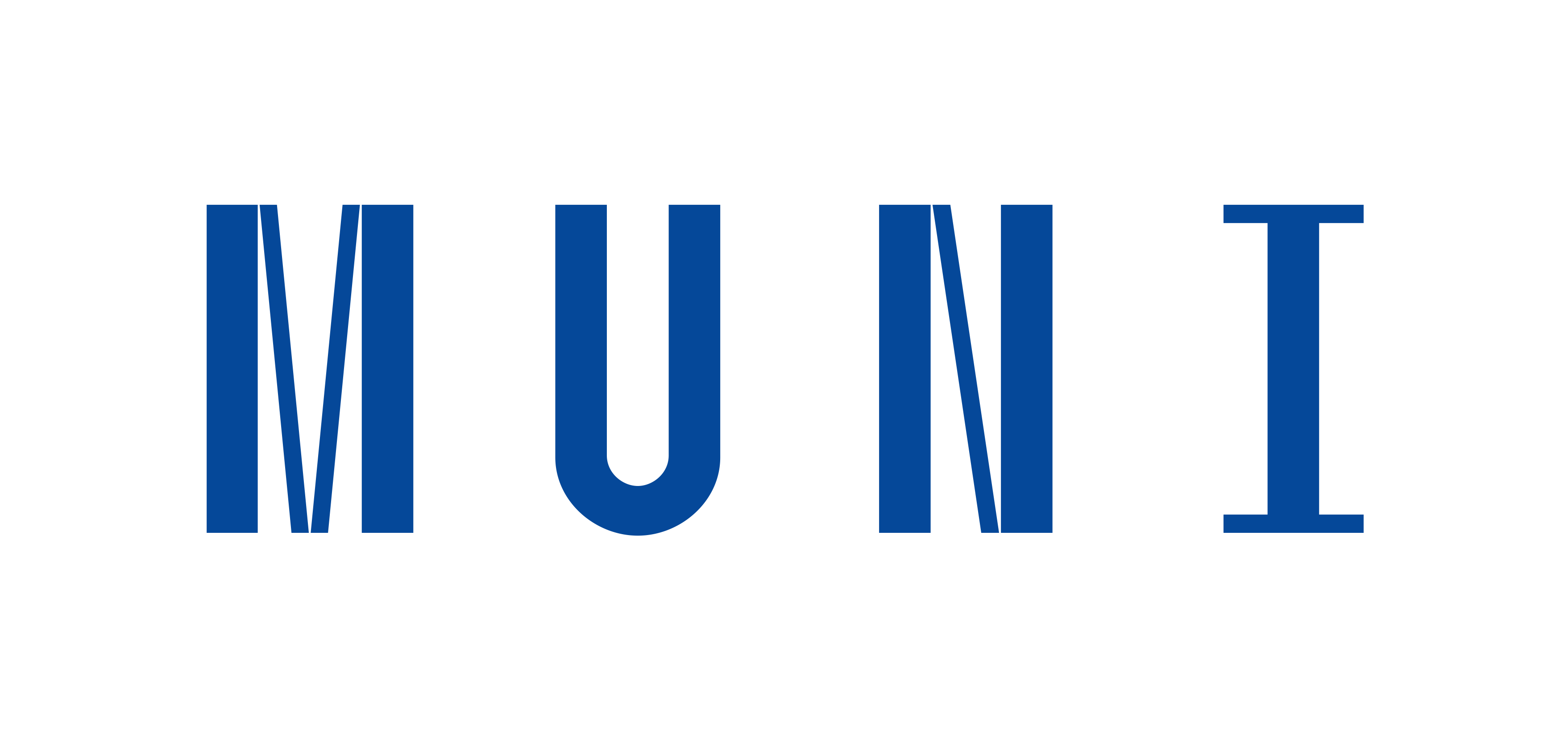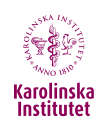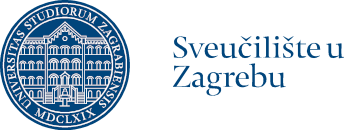Recommendations - Professionalism
- Recommended by whom?
The following recommendations were formulated based on the analysis of results of the survey tool that aimed to find out opinions of selected group of Central European anatomists and educators from Cambridge on medical professionalism in general and the extent to which it is taught within the context of their institution/department. The survey questions can be found here.
- Recommendations for anatomy teachers
• Discuss and agree on definition of medical professionalism in your department.
• Discuss and potentially apply teaching of some elements of medical professionalism into your anatomy curriculum.
• Define the rules of conduct that need to be adhered to by teachers as well as students.
• Be aware of the informal way you may teach your students some elements of medical professionalism (e.g. role modelling, as a part of hidden curriculum).
• Emphasize the importance of confidentiality and respect to practice ethical conduct.
• Give opportunity to practice communicating in professional manner, highlight punctuality, responsibility, and accountability.
• Promote a respectful and collaborative work environment.
• Practice your cultural competence as an educator and promote it among your students.
• Provide regular, constructive feedback on students’ professional behaviour.
• If possible, develop and use assessments that evaluate both knowledge and professional conduct.






